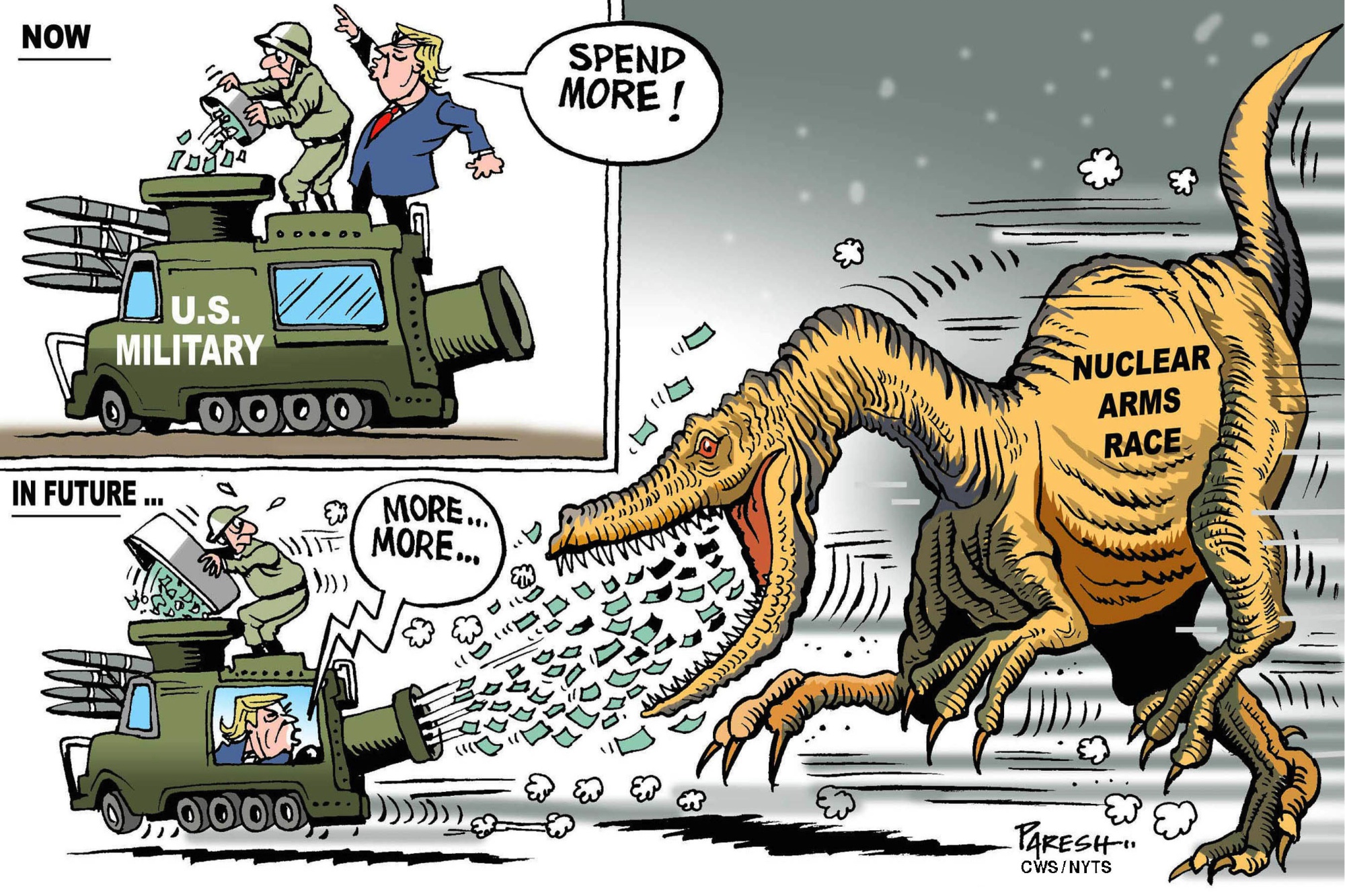We may be at an inflection point in global affairs with the world in disarray with a volatile, erratic and unpredictable administration in Washington, imminent British and possibly French exits from the European Union, presidential instability in South Korea and the like. One of the strong political headwinds creating international turbulence is intensifying nuclear threats.
On March 27, 115 countries gathered at a U.N. conference in New York to negotiate a treaty to ban nuclear weapons. Arguing that "it would be difficult for Japan to participate ... in a constructive manner and in good faith," Japan, having delivered its opening statement sharply critical of the conference, walked out. The hibakusha — survivors of the 1945 U.S. atomic bombings of Hiroshima and Nagasaki — saw the first-ever U.N. talks on a ban treaty as a practical and important step toward pursuing a world free of nuclear weapons and expressed criticism and disappointment at Tokyo's decision.
The nine countries with nuclear weapons — China, France, India, Israel, North Korea, Pakistan, Russia, the United Kingdom and the United States — refused to attend at all.



